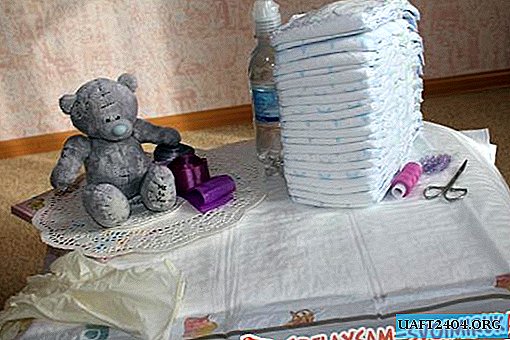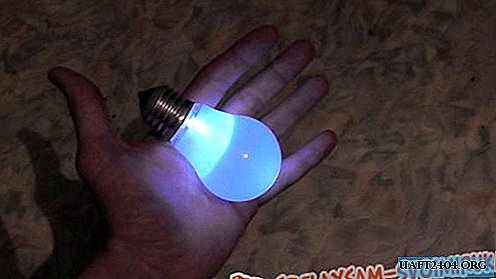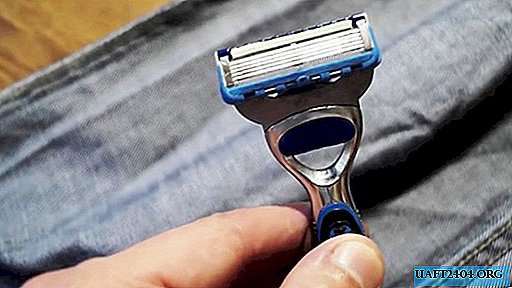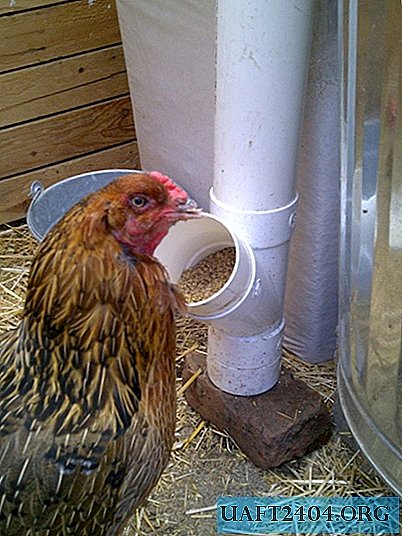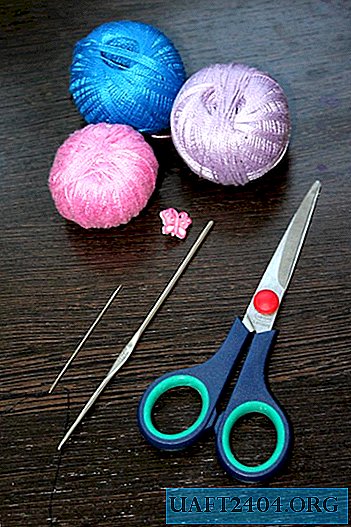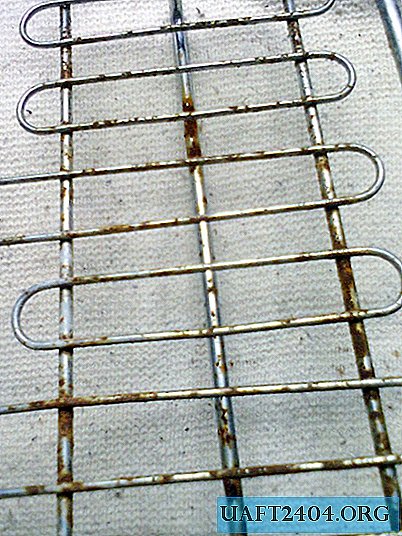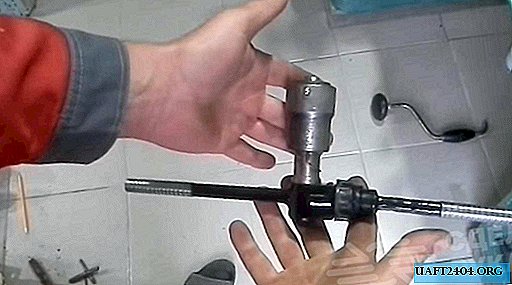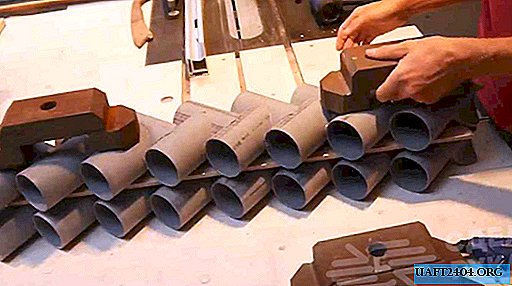Share
Pin
Tweet
Send
Share
Send

What can be done to reduce the amount of electricity consumed and pay less?
First of all, everyone should learn to save energy through the rational use of household appliances available in the house. How? Yes, very easy!
So, we present to your attention a few simple, but very effective measures that will help you learn how to save energy:
Iron. Do not dry and do not even wait until the laundry is completely dry, start to iron it slightly damp. The drier the laundry, the more electricity (and time) it will take to iron. And before you start “talking” with the iron, first sort the laundry according to the type of fabric and start ironing with those things that do not require strong heating of the appliance.
A vacuum cleaner. After each use of the unit, do not be lazy to immediately clean the dust collector, whether it be a bag or a waste container. A vacuum cleaner with even a half-filled dust collector works more slowly, consuming at least 40% more electricity.
Electric kettle. If there is a gas stove in the house, first of all, try to use an electric kettle less often. Let the water boil a little longer on the stove, but then you will have the opportunity to save on electricity. Do not fill the kettle with water more than you need - to boil a teapot filled with water requires significantly more energy. If possible, use a thermos to keep the water hot, then you won’t have to boil the kettle again. Regularly descale the kettle, because it slows the process of boiling water.
Fridge. Set this indispensable attribute in the darkest cool corner of the room. The closer the refrigerator is to heating (batteries, radiators) and heating (stove) appliances, as well as to sunlight, the more electricity it will consume. In addition, to reduce energy consumption when using the refrigerator, try to observe a few more points:
• do not allow the formation of a thick ice layer in the freezer, regularly defrost and wipe the refrigerator dry;
• before placing food in it, cool it to room temperature, never put a hot pot or pan in it;
• Close the refrigerator door tightly and do not keep it open for a long time;
• make sure that the door seal fits snugly against the refrigerator case, avoiding the formation of even the slightest gap;
• when installing the refrigerator, leave a gap between its radiator and the wall so that the unit can cool in a timely manner.
TV set. If you have old-style televisions (kinescope) in your home, try replacing them with LCD devices. Modern TVs consume at least half the power of their predecessors.
Lighting. Instead of multi-lamp ceiling chandeliers and lamps, try to "introduce" into your home several small single-lamp light sources (sconces, floor lamps, table lamps). Such lamps consume much less energy than, say, a chandelier in which three or five lamps are lit simultaneously.
Light bulbs. The famous Illich lamp consumes much more electricity than its modern energy-saving or LED counterparts. Replace simple bulbs at least in places of frequent use (children's room, kitchen, work or study area). In the bathroom and toilet rooms, as well as in the hallway, where the light is on for a short time, you can leave the old-style bulbs. Of course, the cost of energy-saving lamps is slightly higher, but their service life is much longer.

Washer. If you are still wondering which model of washing machine to buy, opt for modern Class A models. It is such models, according to experts, that consume energy 2/3 less than others. If you have already acquired a washing machine, approach its use rationally, having learned the following points:
• start washing only with the drum of the machine fully filled (it is better to drive out the complete machine once than twice with the half-empty drum);
• most of the energy used for washing is used to heat water, so try to wash it at a temperature not exceeding 60 ° C - this will reduce energy consumption by almost half;
• Whenever possible, exclude pre-wash, which increases energy consumption by at least 15%, when choosing a mode.
Electric stove. When operating an electric stove, make sure that its burners do not deform, and that the bottom of the cookware used is snug against their surface. The mismatch in the size of the bottom of the cookware with the diameter of the burners also entails an excessive consumption of energy. In addition, try to turn on the stove just before the start of cooking, and turn it off a little earlier until the dishes are completely ready, as when the burner cools down, it will also heat what is on it.
And a few more general recommendations to help you reduce the amount of energy consumed:
• try to decorate your home in bright colors (curtains, wallpaper, furniture) - this will allow the maximum use of natural light;
• do not be lazy to wash windows more often, since it is on them that a huge amount of dust and dirt accumulates, which refracts the entry of sunlight into the room;
• when leaving the room for even a few minutes, turn off the light and do not leave the television turned on for long without need;
• do not save money on the purchase of household appliances of high energy saving class A;
• do not turn on several lighting fixtures where you can get by with one lamp;
• do not leave electrical appliances (microwave ovens, televisions, music centers, computers) switched on for a long time in standby mode - they also consume energy;
• disconnect all kinds of chargers, powering telephones, laptops, cameras, from the device and from the network immediately after the completion of the charging process, since they continue to consume electricity.

Here, perhaps, are all the main points on which you should focus on everyone who does not want to overpay for their carelessness. With such a rational use of all household appliances, when you look at the next electricity bill, you will soon notice how much your expenses have been reduced.
Be thrifty!
Share
Pin
Tweet
Send
Share
Send

